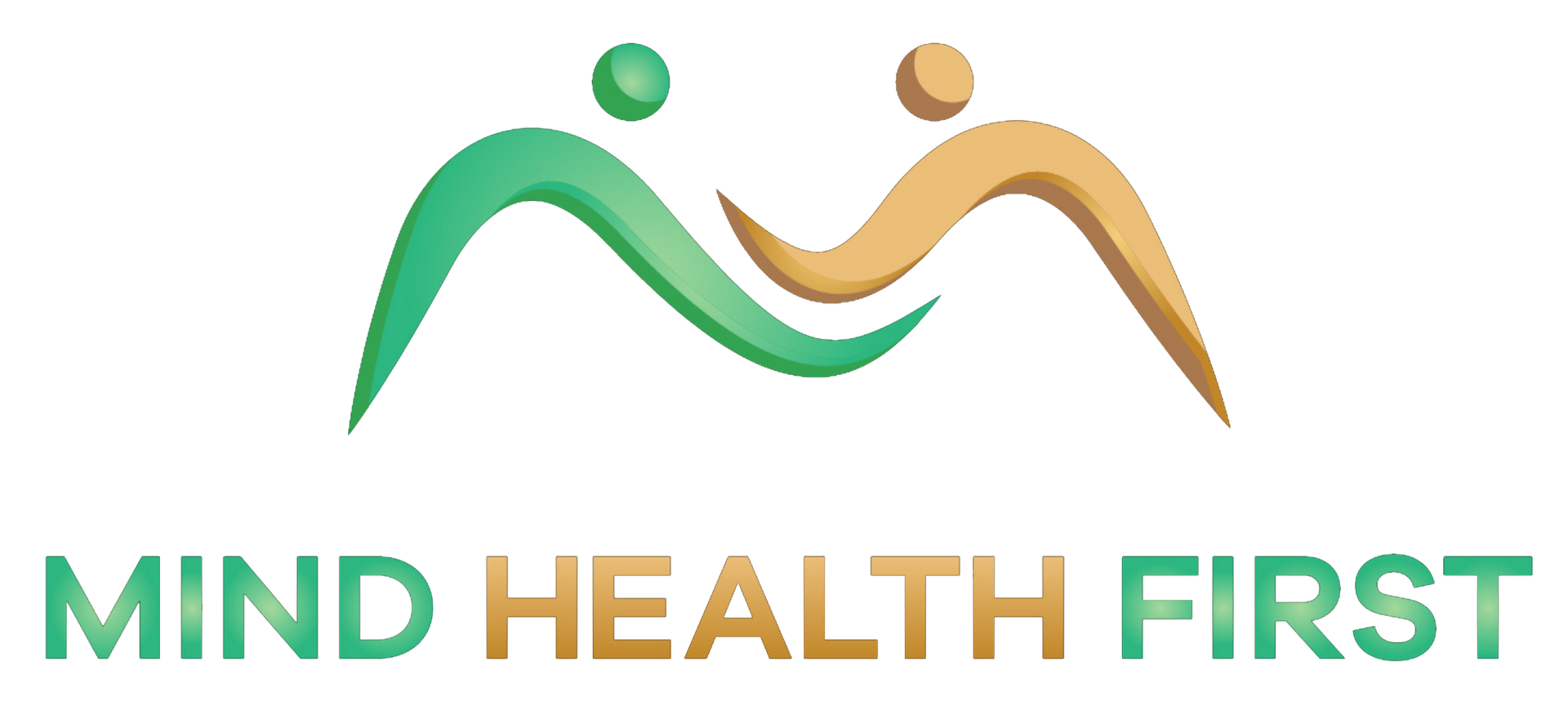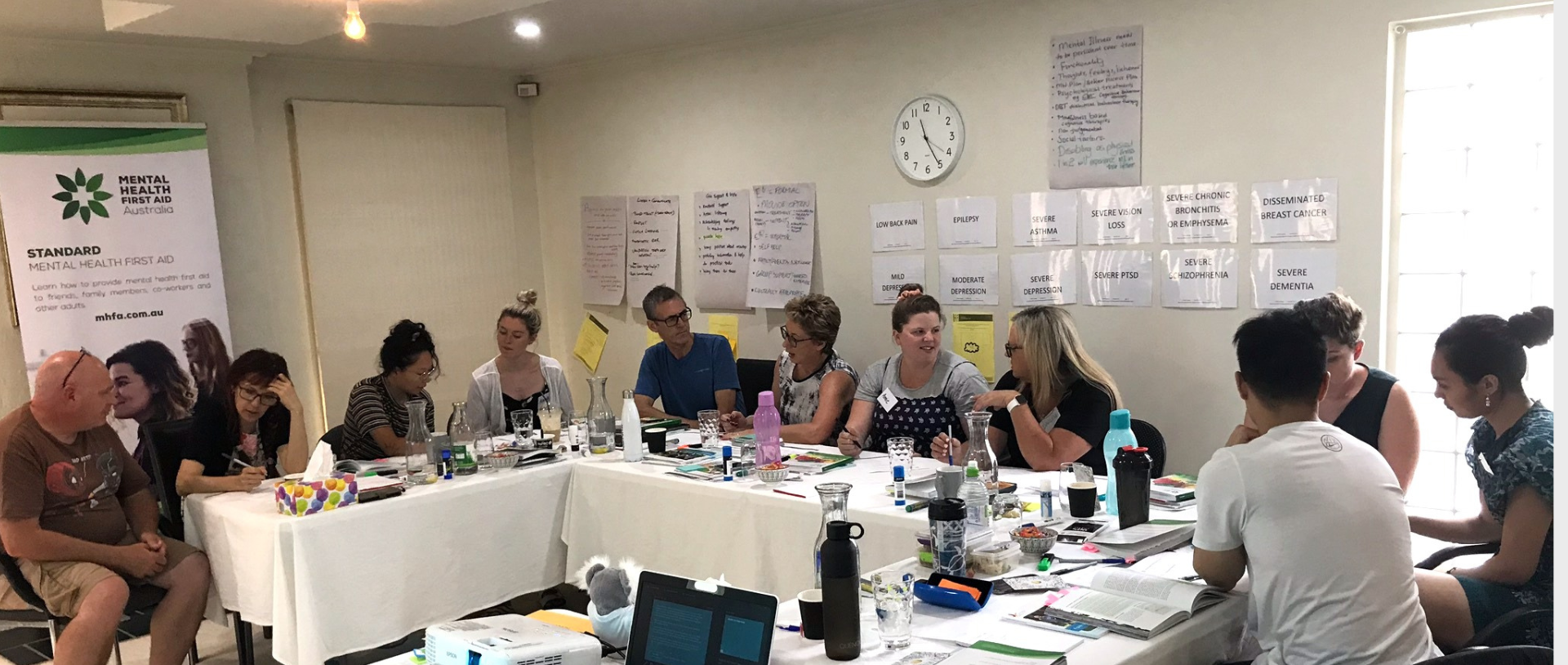7 Mindful Mental Health Strategies
A persisting stress response from your body over a long period can be harmful. Elevated stress levels can be helpful when learning something new or preparing for an athletic event, but not when seated at a desk, day in, day out. It’s essential to find ways to manage stress since it can lead to an increased risk of health problems such as anxiety and depression.
Here are seven mindful ways to keep stress at bay:
1. M – Meditation
There are many forms of meditation; mantras, visualisations and prayers are but a few. Mindfulness meditations are particularly useful when easing stress. It aims to get you into the present moment through the senses. The shift of focus from the thoughts in your head to that of your senses has a calming effect. In his book Full Catastrophe Living, Jon Kabat Zinn expands on this. Forms of mindfulness meditation include taste, body scans, breath, sound and walking meditations. It’s worth taking a look into and it only takes a few minutes to produce a positive effect.
2. I – Inspiration
When was the last time you felt inspired? Routines keep our work, family and social engagements nicely scheduled. While this gives us a sense of certainty, there’s little room for spontaneity. The word spontaneity stems from the Latin sponte. This means free-will or proceeding with natural inclination. A good question to consider is this: where in my life am I moving with natural inclination? You’re very likely to find inspiration there.
3. N – Newness
Our brains are all wired differently. While some situations may be stressful for us, it’s not for others. A good way to increase our sense of confidence and resiliency is to bring in aspects of newness into our lives. This could be in the form of learning something new, taking a new route to work, trying a new recipe, making new friends or even moving to a new city. At the end of each week, it’s a good idea to ask yourself whether you tried anything new. If not, there’s always the following week.
4. D – Doodling
Doodles are scribblings on paper that may or may not be decipherable. Who doesn’t remember doodling some time away in class at school? It’s useful for anxiety, learning, creativity and problem-solving. Tony Buzan, creator of Mind Maps, developed a whole business out of it! Doodling is insightful about our thoughts and feelings. It may sound like a simplistic way to finding solutions to stress but wouldn’t you rather have simple solutions?
5. F – Focus on gratitude
Eckhart Tolle said: Gratitude for the present moment and the fullness of life now is the true prosperity. Gratitude helps us focus on thoughts that make us feel better. It doesn’t have to limit itself to positive things. Leonardo Rinaldi posted a YouTube clip titled ‘Be grateful for what you have’. In that video, you can see a guy driving a dream car wishing he had the helicopter flying by. Another guy driving a four-wheel drive wished he had the dream car. Later we see another guy driving an ordinary car wishing he had the four-wheel drive. The clip continues until we see someone in a wheelchair wishing he could simply walk. It’s all about focusing on being grateful for whatever you have.
6. U – Unexpected undertakings
Setting short, medium and long term goals have proven benefits. It’s rewarding getting things done as it creates a sense of accomplishment. If you’re quite driven then getting to that goal is what it’s all about. Let me encourage you to consider a wise saying; it’s the journey not the destination. Whether it’s climbing Kilimanjaro or taking your dog for a walk, remember each undertaking. You may discover gifts of the unexpected. Many people reach their goals and realise that getting to the destination didn’t bring happiness. Being mindful of the actual undertaking of the goal leads to a sense of mindfulness that elicits happiness.
7. L – Leisure
Leisurely activities recharge, rejuvanate and rest the weary soul (and body). Allowing yourself the luxury of a much-loved activity creates balance. Saying that you don’t have time is understandable. We live in a busy world and have busy lives. Consciously making time to rest on a regular basis though, may actually add more time to your life and prevent ill-health. It’s a great stress-coping strategy and a way to yes to you and no to draining activities. Of course, it is all about balance. Is it time to book that cooking class, catch up with friends or go for a bike ride?
Quick Links
Contact info
21 Hotham St, Templestowe Lower VIC 3107, Australia
Quick Links
Contact info
PO Box 2255, Templestowe Lower VIC 3107, Australia
© 2023 Mind Health First | All Rights Reserved |
Privacy Policy | Website by
Octopus Digital





